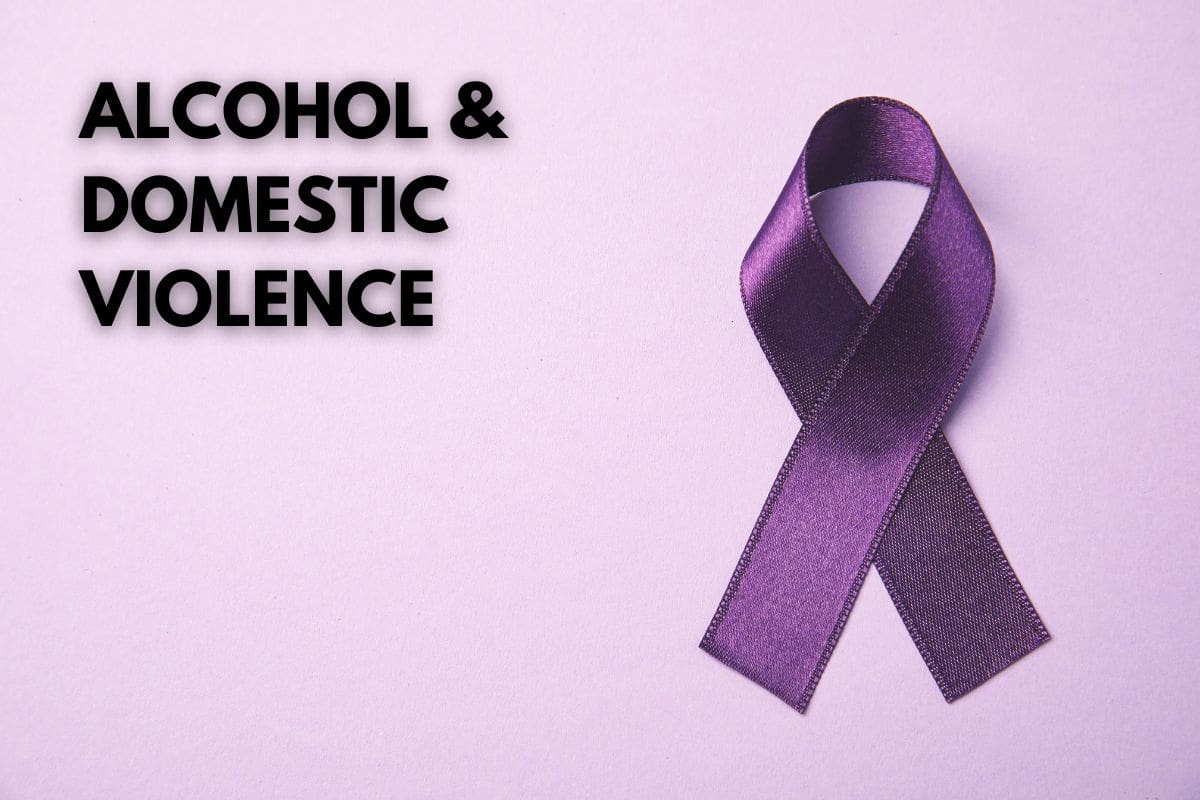In the U.S., alcohol is a factor in 40% of reported domestic violence cases. Understanding the complex relationship between alcohol and domestic violence is crucial, especially if you or someone you know is affected by this issue. Here’s a deeper look at why alcohol often serves as a catalyst for domestic violence.
1. It Leads to Impaired Judgment
Alcohol can lower inhibitions and impair judgment, leading to impulsive actions that one might not otherwise take. This lack of self-control can result in violent behavior within the domestic setting, as individuals may act without considering the consequences.
2. Causes an Increased Tendency Toward Aggression
Under the influence of alcohol, people may have a diminished sense of personal space and emotional and physical boundaries. This can lead to inappropriate or aggressive behavior that can escalate into violence.
3. It Fuels Emotional Instability
Alcohol can exacerbate emotional instability, leading to mood swings and erratic behavior. This emotional volatility can create a tense environment, making domestic violence more likely to occur.
4. Escalates Pre-Existing Conflicts
While alcohol doesn’t cause domestic violence, it can escalate pre-existing conflicts within relationships. The disinhibiting effects of alcohol can intensify arguments, making violent outcomes more likely.
Also, alcohol can impair one’s ability to communicate or resolve conflicts in a healthy way. This breakdown can escalate conflicts and increase the likelihood of violence occurring within domestic relationships.
5. It’s Socially Accepted
The social acceptance of drinking can sometimes lead to excessive consumption, resulting in violent behavior. Alcoholics may manipulate their partners by asserting their drinking is normal, further contributing to a cycle of abuse.
Likewise, easy access to alcohol can contribute to its abuse and, by extension, to domestic violence.
6. It Can Become a Learned Behavior
In some cases, individuals may have grown up in environments where alcohol abuse and domestic violence were normalized. This learned behavior can perpetuate a cycle of abuse that carries into adulthood.
7. It Feeds Off Gender Roles and Power Dynamics
Women are disproportionately victims of domestic violence, and societal norms around gender can be exacerbated by alcohol consumption. The power imbalances in many relationships can become more pronounced when alcohol is involved.
8. It’s Often Misused as a Coping Mechanism
Some people use alcohol to cope with stress, anxiety, or other issues. Many individuals who abuse alcohol also have other mental health issues, and the combination can contribute to domestic violence. This coping strategy can lead to violent behavior as alcohol impairs judgment and lowers inhibitions.
9. It Leads to Denial and Rationalization
Those who commit acts of domestic violence under the influence of alcohol may use their intoxication as an excuse, perpetuating a cycle of abuse. This denial and rationalization make it easier for individuals to continue their violent behavior.
10. It Causes Financial Strain and Stress
Financial stress can be both a trigger for excessive drinking and for domestic violence, creating a vicious cycle. Alcoholics may use the substance to escape their problems, leading to further issues like verbal or physical abuse.
Preventing Domestic Violence Caused by Alcohol
Preventing domestic violence caused by alcohol is a multi-faceted challenge that requires a comprehensive approach. Here are some effective strategies:
- Have an Emergency Plan: Always have a go-bag ready with essentials like clothes, important documents, and some cash. Know where you’ll go and how you’ll get there if you need to leave quickly.
- Safe Words and Signals: Establish a safe word or signal with a trusted friend or family member. Use this to alert them when you’re in danger and need immediate help.
- Know the Triggers: If you’re aware that alcohol consumption is a significant trigger for violent behavior in your home, plan how to handle the situation when drinking occurs.
- Seek Professional Help: If it’s safe for you, consider speaking to a therapist or counselor about your situation. They can provide coping strategies and resources.
- Document Evidence: Safely keep any evidence of abuse, such as photos or messages, as you may need them for legal reasons later.
- Use Community Resources: Know the locations and contact information for local domestic violence shelters and other resources. Many offer free counseling and legal services.
- Take Care of Yourself: It’s easy to forget self-care in a stressful situation. Simple acts like regular exercise or keeping a journal can provide emotional relief and build resilience.
By taking these personal steps, you can create a safety net for yourself that considers the specific risks associated with alcohol-induced domestic violence. Remember, your safety is the priority, and help is available.
No Matter Your Situation – Here’s How to Seek Help
If you’re facing challenges related to alcohol and domestic violence, seeking help is crucial. Resources like the National Domestic Violence Hotline (800-799-7233) can provide immediate support, and medical professionals can offer treatment options for alcohol abuse.


































